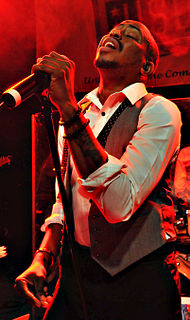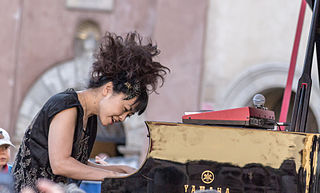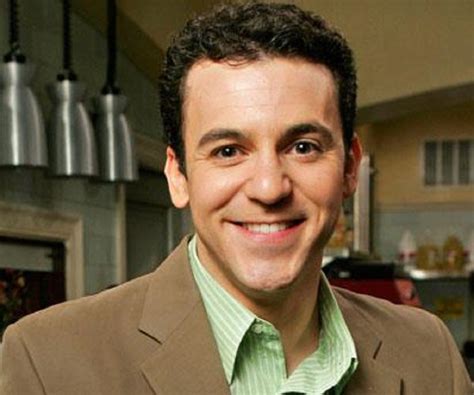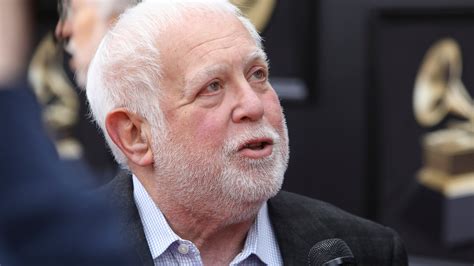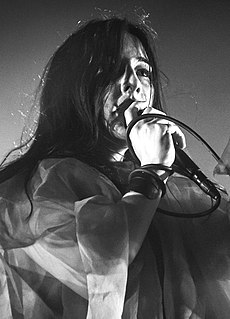A Quote by Michael Tilson Thomas
And at the same time, you are of course a performer, but it's very important that you understand that your role as a performer is to get the best performance from those wonderful colleagues that you have the chance to work with.
Related Quotes
I think it's important as a performer, no matter where I travel, if I run into someone at the airport or I'm having a conversation on an airplane, run into someone on the sidewalk, or you're waiting on a long line and you start talking to somebody, who doesn't really share a lot of your same views, but then you come to commonality, I think that's very very important as well.
For me, the most important thing is the element of chance that is built into a live performance. The very great drawback of recorded sound is the fact that it is always the same. No matter how wonderful a recording is, I know that I couldn't live with it--even of my own music--with the same nuances forever.
A performer may be taken in by his own act, convinced at the moment that the impression of reality which he fosters is the one and only reality. In such cases we have a sense in which the performer comes to be his own audience; he comes to be performer and observer of the same show. Presumably he introcepts or incorporates the standards he attempts to maintain in the presence of others so that even in their absence his conscience requires him to act in a socially proper way.
I think a lot of longevity, especially as a performer, depends on kind of what your commodity is. If your commodity is your cuteness and your chubby cheeks and your big gap between your teeth, if that's what your greatest asset is, of course that fails or that changes, you know, that goes away. Of course that fades.




